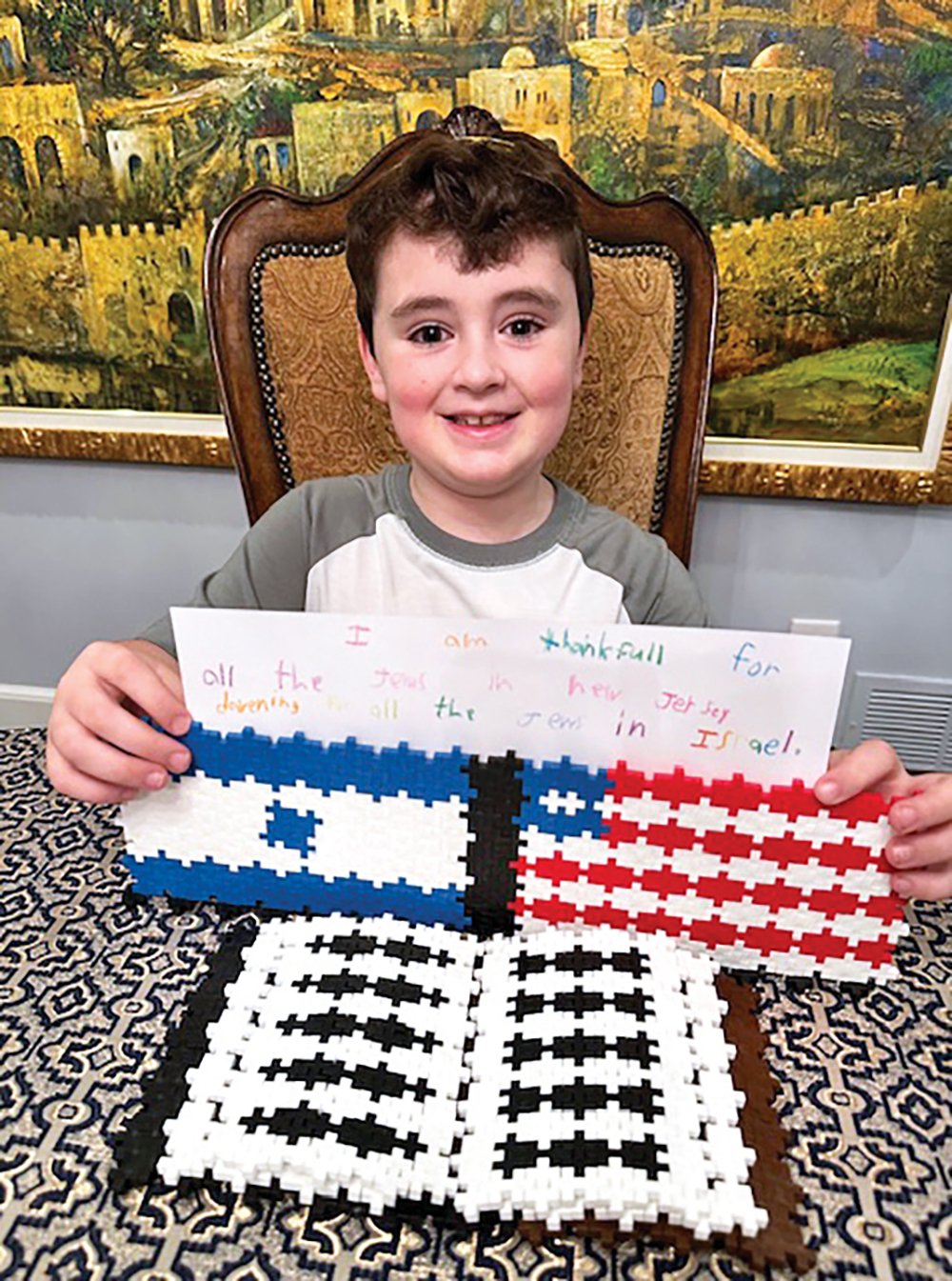Interestingly, Sephardic Jews repeat the pasuk, “LaYehudim hayta ora v’simcha v’sasson vikar,” (Esther 8:16) at the end of the Megillah reading. In addition, both Sephardic and Ashkenazic Jews recite this pasuk on Motzei Shabbat before Havdalah. Why—of all pesukim—is this pasuk highlighted in both contexts?
Thinking Good
An answer lies with the pasuk’s timing. The pasuk captures the confident mood of the Jews after Haman’s elimination and Mordechai’s ascent to power. It is the direct opposite of the prevailing feeling after Haman’s decree’s promulgation, “Avel gadol laYehudim—Great mourning overcame the Jews, vetzom uvechi umispeid—and fasting, crying, and eulogizing, sak vaefer yutza larabbim—sackcloth and ashes set forth for the multitudes,” (Esther 4:3).
Significantly, the assured feeling of Esther 8:16, occurred months before the upcoming fight. We were brimming with confidence even before winning the battle. The turnaround is even more dramatic, in light of the intense mourning long before the 13th of Adar. We were eulogizing ourselves and agonizing over our demise, without considering defending ourselves.
Therein lies the story… The Jews lost the battle even before our enemies fired one shot, since we were certain of our loss. One Jew, Mordechai, thought otherwise. He was convinced we must fight back, and fight back he did. By the end of perek eight, our situation and attitude took a 180-degree turn. We won the battle before beginning because of our confidence. As the Lubavitcher Rebbe emphasized, “Think good, it will be good!” We thought good at the end of perek eight and emerged victorious in perek nine. Pessimism is extremely dangerous and propels us towards defeat. Fortunately, Mordechai redeemed us from our self-destructive mood.
The Source of Good Thinking
Megillah 16b adds a layer of understanding about our buoyant mood. The verse states: “The Jews had light and gladness, and joy and honor” (Esther 8:16). Rav Yehuda said: “Light”—this is referring to the Torah that they once again studied. And similarly it says: “For the mitzvah is a lamp and the Torah is light,” (Proverbs 6:23). “Gladness” (simcha)—this is referring to the festivals that they once again observed. And similarly, it says: “And you shall be glad (vesamachta) on your festival,” (Deuteronomy 16:14). “Joy” (sasson)—this is referring to circumcision, as they once again circumcised their sons. And similarly it says: “I rejoice (sas) at Your word,” (Psalms 119:162), which the Sages understood as referring to David’s rejoicing over the mitzvah of circumcision. “Honor”—this is referring to phylacteries, which they once again donned. And similarly, it says: “And all peoples of the earth will see that you are called by the name of the Lord; and they will be afraid of you,” (Deuteronomy 28:10). And it was taught in a baraita: “Rabbi Eliezer the Great said: ‘This is referring to the phylacteries worn on the head.’”
The elucidation above follows Rashi’s approach that we were overjoyed at once again being able to perform these mitzvot. I suggest that we rejoiced since we returned to observing these mitzvot. Our enjoyment of Achashverosh’s wild parties indicated a dismal commitment to Torah and mitzvot. The three-day fast plus Mordechai’s rise to power returned us to full Torah allegiance. The Gemara’s (Shabbat 88a) understanding of Esther 9:27 as a reacceptance of the Torah fits perfectly with our approach. There was a need for a renewal of our Sinaitic commitment due to a prior lapse.
Our gloomy mood in perek 4 stemmed from—consciously or subconsciously—recognizing that we deserved our fate and had no chance to win due to our betraying Hashem. However, in perek 8, we were confident of our victory, because we saw Hashem turn things around when we improved our religious lives.
Interestingly, the Mishna Berurah (693:6) instructs us to wear tefillin during the morning Megillah reading because of this pasuk. Yalkut Yosef (Orach Chayim 693:8) even instructs men to tap their tefillin when we read this pasuk. The idea is that tefillin and other mitzvah observances brought us confidence in our impending victory. This confidence and Hashem’s help brought us to an overwhelming triumph, baruch Hashem.
Conclusion
Given our analysis, we suggest that Sephardim repeat, “LaYehudim hayta ora v’simcha v’sasson vikar,” as a rallying cry to reaffirm our commitment to mitzvot, like our ancestors in the Megillah. In addition, the pasuk should imbue us with inner strength and confidence in our success in our battles.
We make the same rallying call each Motzei Shabbat, as we leave the comfort of Shabbat for the rough and tumble of the week. We draw on the spiritual advances we have made on Shabbat to boost our spirit and propel us to great achievement in the coming week. Even before our battles have commenced, we are confident because of our allegiance to Hashem.
Yishayahu HaNavi (8:10) perfectly captures the feeling as follows: “Utzu eitzah vetufar … ki imanu Keil—Devise whatever scheme, but it will fail because Hashem is with us.” When imbued with Torah, we are a force compared to stars that no one can overcome.
Rabbi Jachter serves as the rav of Congregation Shaarei Orah, rebbe at Torah Academy of Bergen County, and a get administrator with the Beth Din of Elizabeth. Rabbi Jachter’s 18 books, including a brand new one entitled “In the King’s Court: Exploring Megillat Esther—Our Most Subtle Victory,” may be purchased at Amazon and Judaica House.












